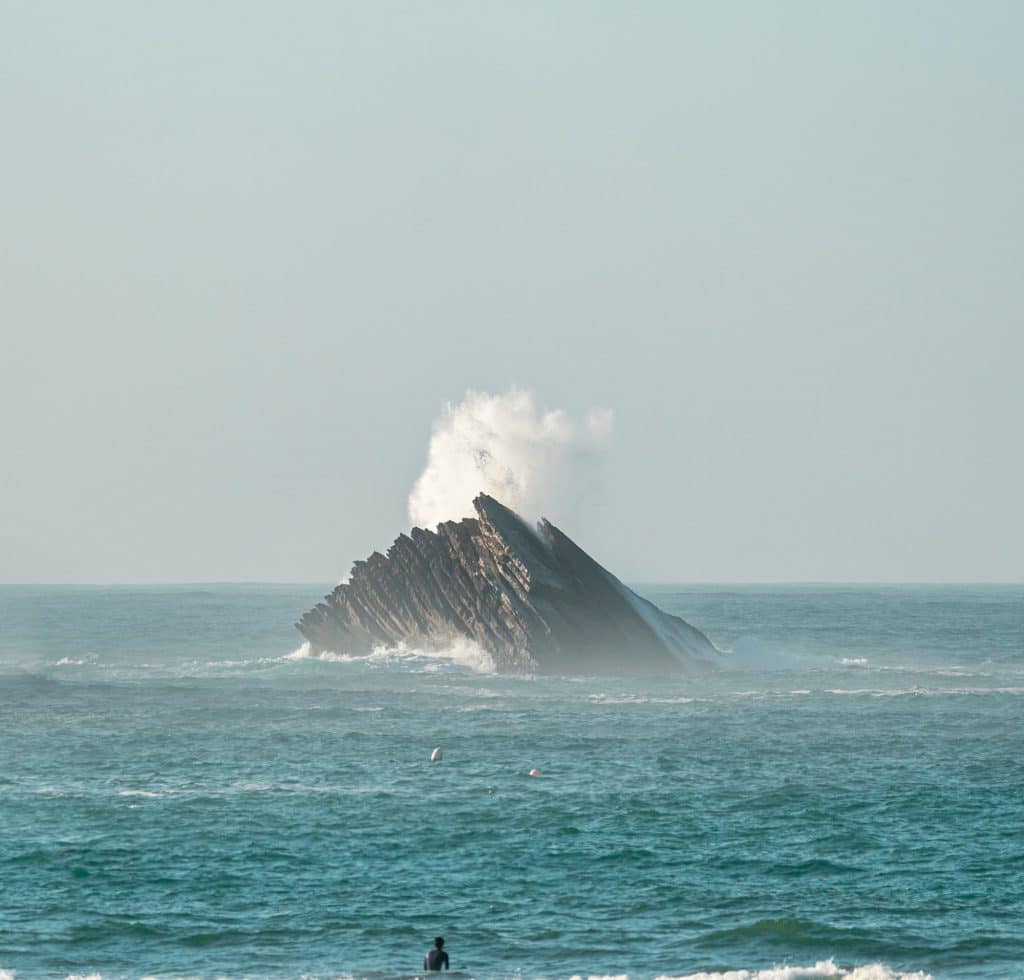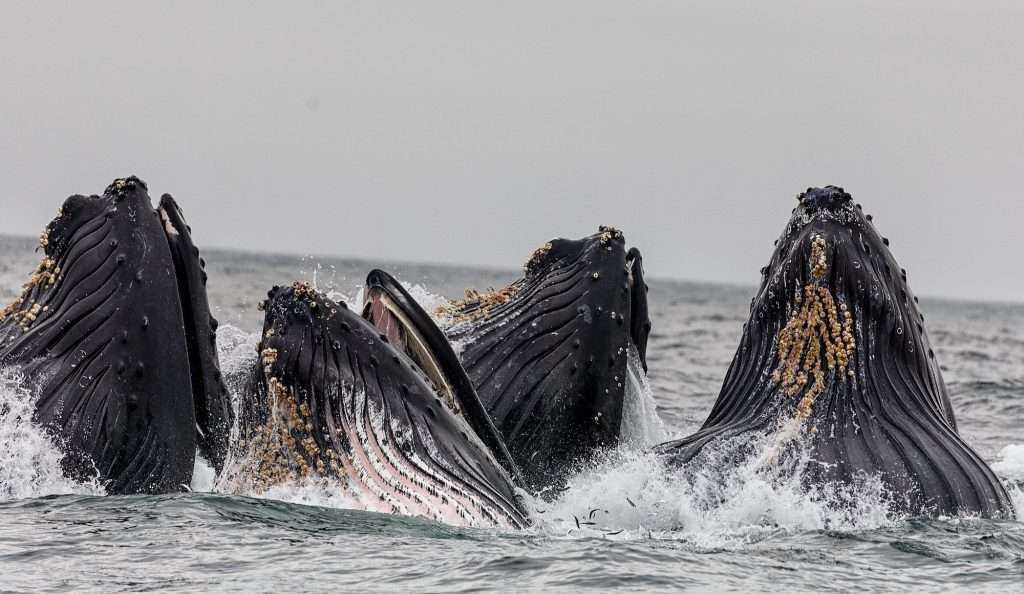New research finds the world’s oceans are losing their “memory” and this could mean continued rising temperatures and threats to marine life as well as complications for the atmosphere.
Research published in the current issue of the journal Science Advances has discovered a new problem for the world’s oceans as a result of climate change. According to the research, warming global temperatures is causing the oceans to lose year-to-year “memory.”
Memory refers to temperature changes in the oceans from day to day, fluctuating less than atmospheric temperatures. Ocean temperatures are more likely to resemble the previous day’s temperatures regardless of the reason for the change. This could mean consistently higher ocean temperatures over time as oceans warm, which impacts marine life and ecosystem stability.
Ocean memory
According to the study, this memory decline is a collective response to human-caused climate change, and as greenhouse gases trap more heat, the issue will only worsen. Ocean memory could make it more difficult for researchers to assess fish stocks accurately. Ocean memory decline is also likely to impact populations of biological resources.
“We discovered this phenomenon by examining the similarity in ocean surface temperature from one year to the next as a simple metric for ocean memory,” said Hui Shi, lead author and researcher at the Farallon Institute in Petaluma, California. “It’s almost as if the ocean is developing amnesia.”
Ocean memory plays a key role in predicting ocean conditions. It’s related to the viscosity of the water’s uppermost layers, also known as the mixed layer. The researchers say the loss of memory will make oceans’ mixed layers more shallow.

“Other processes, such as changes in ocean currents and changes in the energy exchange between the atmosphere and ocean, also contribute to changes in ocean memory, but the shoaling of the mixed layer depth and resulting memory decline happens in all regions of the globe, and this makes it an important factor to consider for future climate predictions,” said Robert Jnglin Wills, a research scientist at University of Washington in Seattle, Washington, and co-author of the research.
“Reduced ocean memory together with increased random fluctuations suggest intrinsic changes in the system and new challenges in prediction under warming,” said Fei-Fei Jin, an atmospheric sciences professor at the University of Hawai‘i at Mānoa School of Ocean and Earth Science and Technology, and co-author of the research.
“Reduced memory means less time in advance for a forecast to be made. This could hinder our ability to predict and prepare for ocean change including marine heatwaves, which are known to have caused sudden and pronounced changes in ocean ecosystems around the world,” said Michael Jacox, a research scientist at NOAA Fisheries’ Southwest Fisheries Science Center in Monterey, California, and co-author of the research.

A decline in ocean memory could also impact extreme weather events on land, interfering with forecasting temperatures and precipitation as they are reliant on sea surface temperatures. The researchers say that as ocean memory declines, researchers will face challenges in finding alternative predictors.
Oceans and climate change
Last October, Oceanic Global launched Blue Standard, the first of its kind initiative aimed at assessing global industrial impacts on the world’s oceans and how that is affecting human health and climate change.
“The health of our ocean is at a tipping point as is that of our collective well-being,” Cassia Patel, Program Director for Oceanic Global, said in a statement.
“We developed Blue to inspire the people and communities that make up businesses and industries to take continued action for our blue planet, and to maximize the positive impact we can all create in our immediate spheres and beyond,” Patel added.
Ocean warming accounts for about 63 percent of stored heat on the planet over the last fifty years. Warming temperatures lead to rising sea levels because water expands as it warms. This, combined with melting glaciers and ice shelves entering the seas threaten marine life around the world. It also threatens coastal communities—about 40 percent of the planet lives within 60 miles of coastlines.


